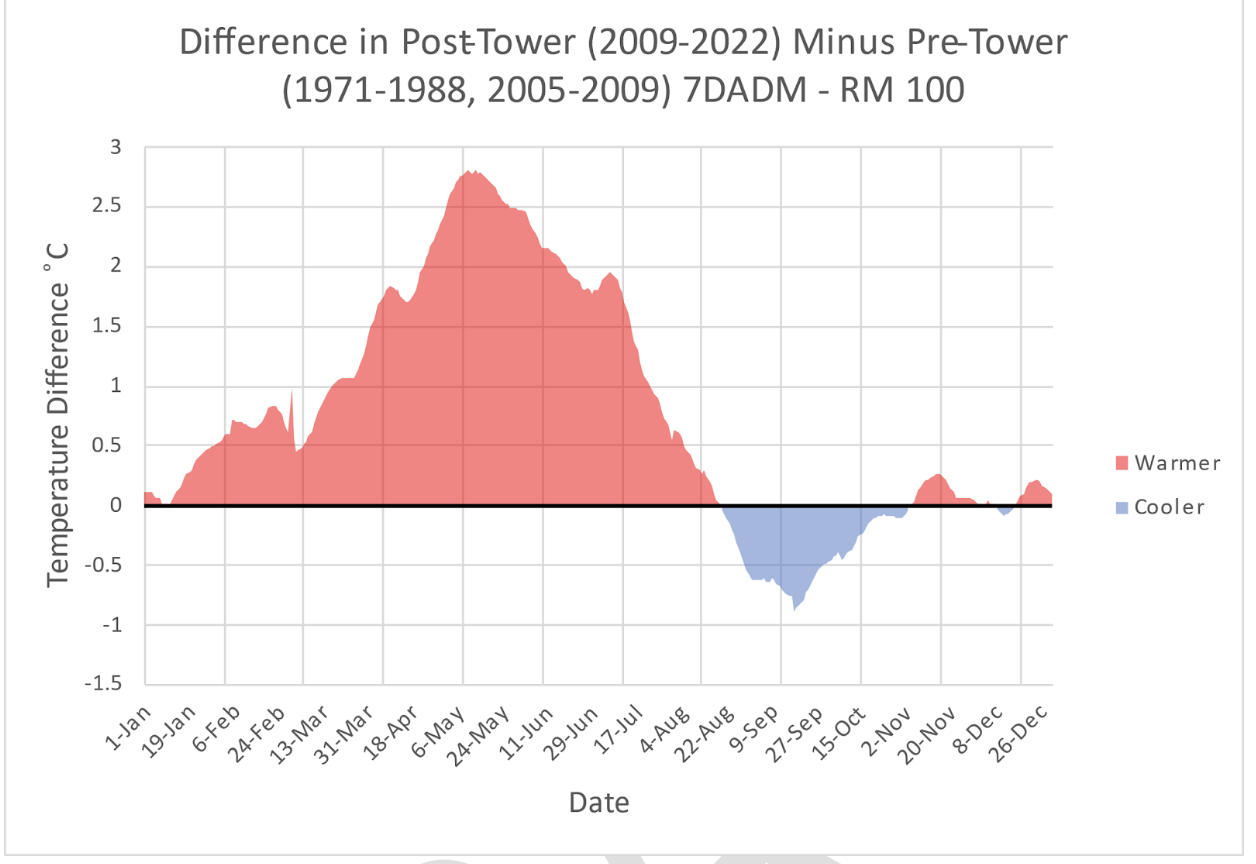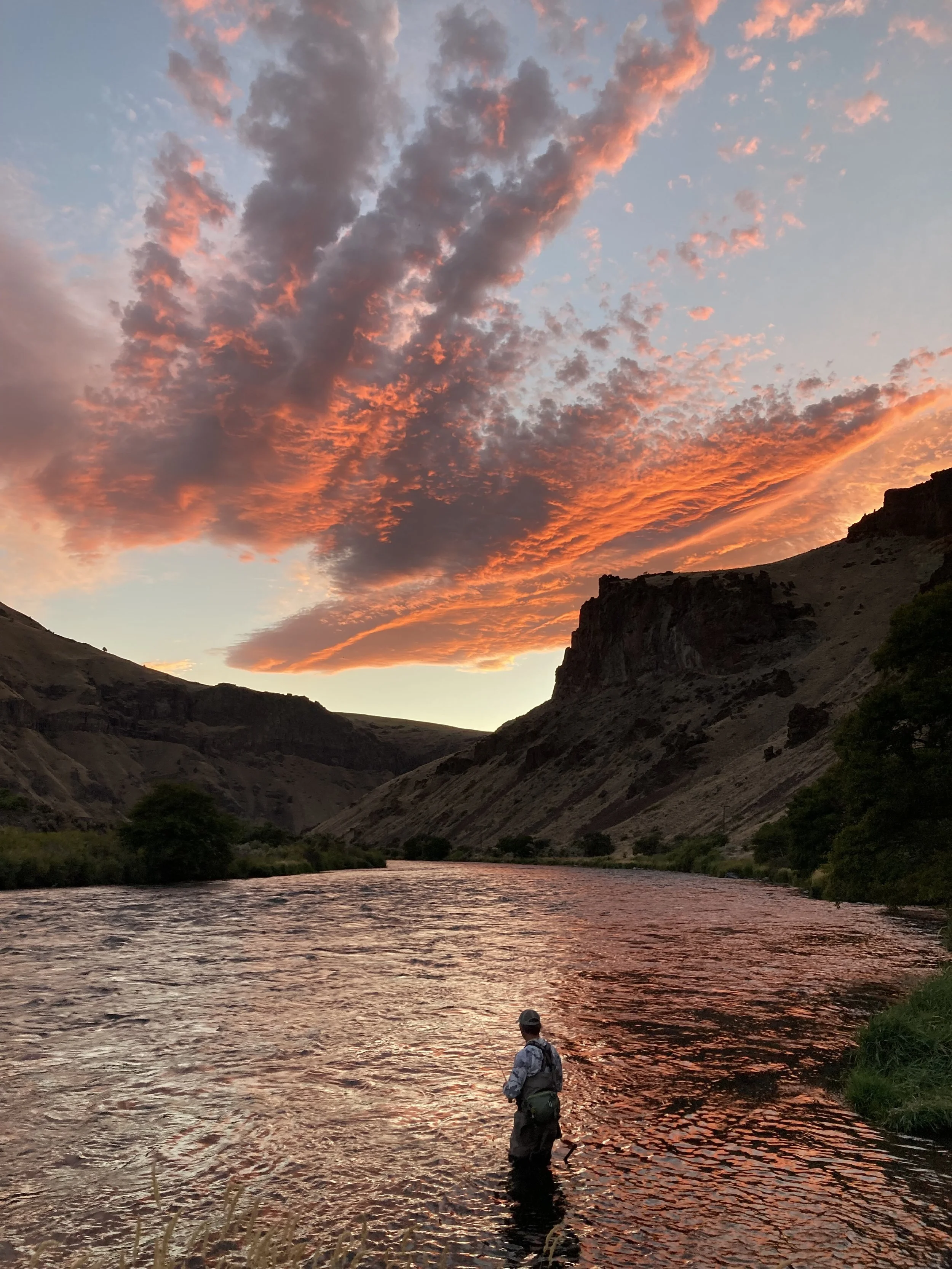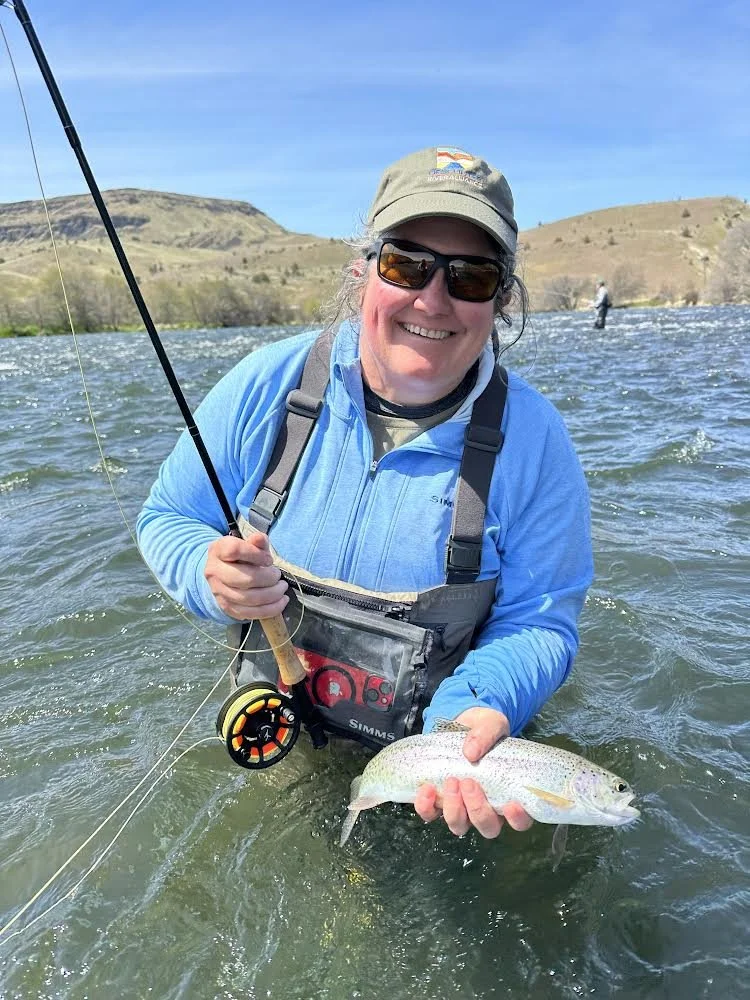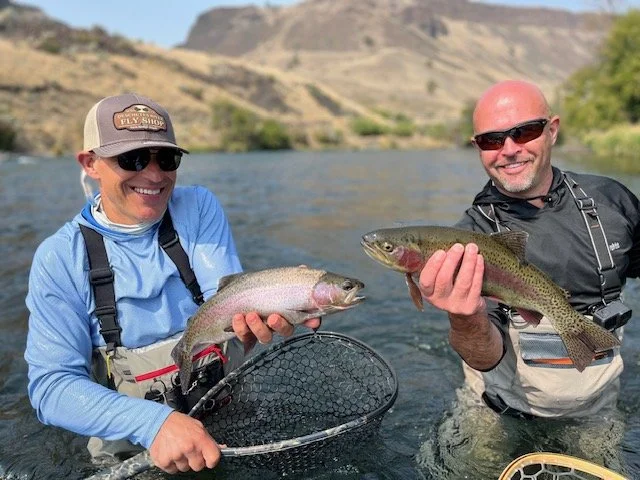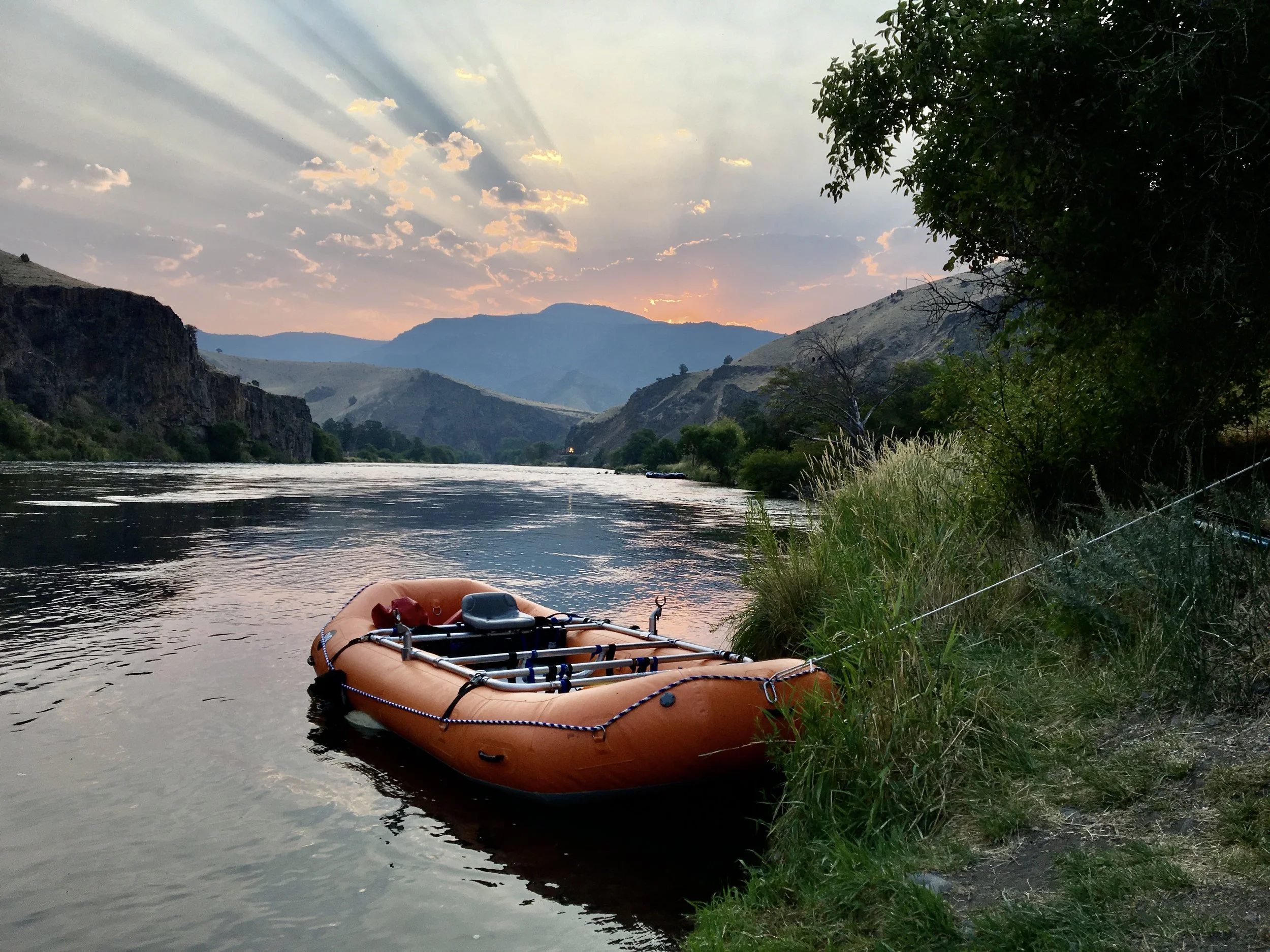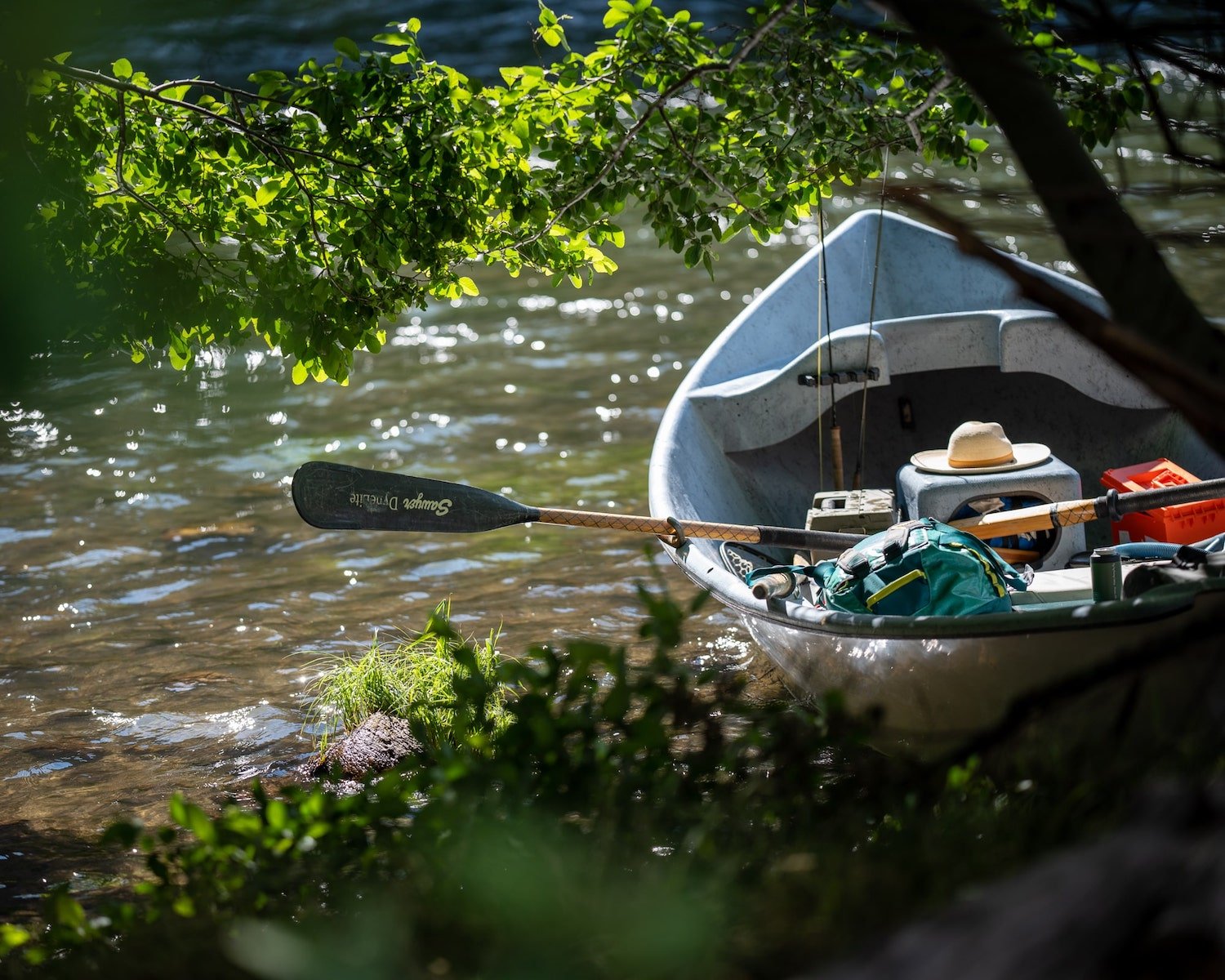Unintended Consequences: Warming the Deschutes River to Benefit Fall Chinook
This graph, which appears in the full report, depicts in-river temperatures that are warmer for most of the year than prior to tower operations. Observe as well the relatively small amount of cooling when compared to warming.
Literally and figuratively, Steve Pribyl has spent a lot of time on the Deschutes. For the bulk of his 30-year career at the Oregon Department of Fish and Wildlife, Steve was assigned to the lower river. But for him, a day job managing his favorite body of water wasn’t enough. He and his wife Jacky spent many weekends floating the river from Pine Tree to the mouth. He estimates he’s floated the lower river at least 250 times.
Since retiring, Steve has continued to love and defend the Deschutes. He’s a founding board member of the DRA. When PGE began making claims that their management of the river–warming it for eight months out of the year, and cooling briefly in the fall–was for the benefit of fall Chinook, Steve was skeptical. Greg McMillan, before his passing, prodded Steve to research and write a paper that would thoroughly vet PGE’s claims.
“Greg wanted a Master’s thesis type of project. At first I was reluctant to take that on. But the further into the research I got, the more off base PGE’s ideas started to look.” - Steve Pribyl
The result of Steve’s diligence is a downloadable PDF that thoroughly examines, describes and explains a lot of what has happened to the river in the 14 years since operation of the Selective Water Withdrawal tower began.
“PGE has kept claiming that they are managing temperature to benefit fall chinook,” Steve summed up, when asked why he took on this project. “According to what I know from my training and experience, that’s not true.”
Report Links
Read the Executive Summary here.
Download the full report here.
More From The Blog
Subscribe the the DRA Newsletter
The Deschutes River Alliance is your focused voice to protect the lower Deschutes River, its cold water flows and the fish and wildlife that are sustained by them. We send regular emails with important data and news about the lower Deschutes River. We will not sell or loan your contact information to others.
How to Support the DRA
Everyone wants clean, healthy water in the Deschutes River. Oregonians cherish our clean and healthy waterways to provide drinking water, wildlife habitat and recreational activities. The lower Deschutes River is a federally designated Wild & Scenic River, and a national treasure. It must be protected for the environmental and economic health of Central Oregon. We believe by working together we can return the lower Deschutes River to full health.

